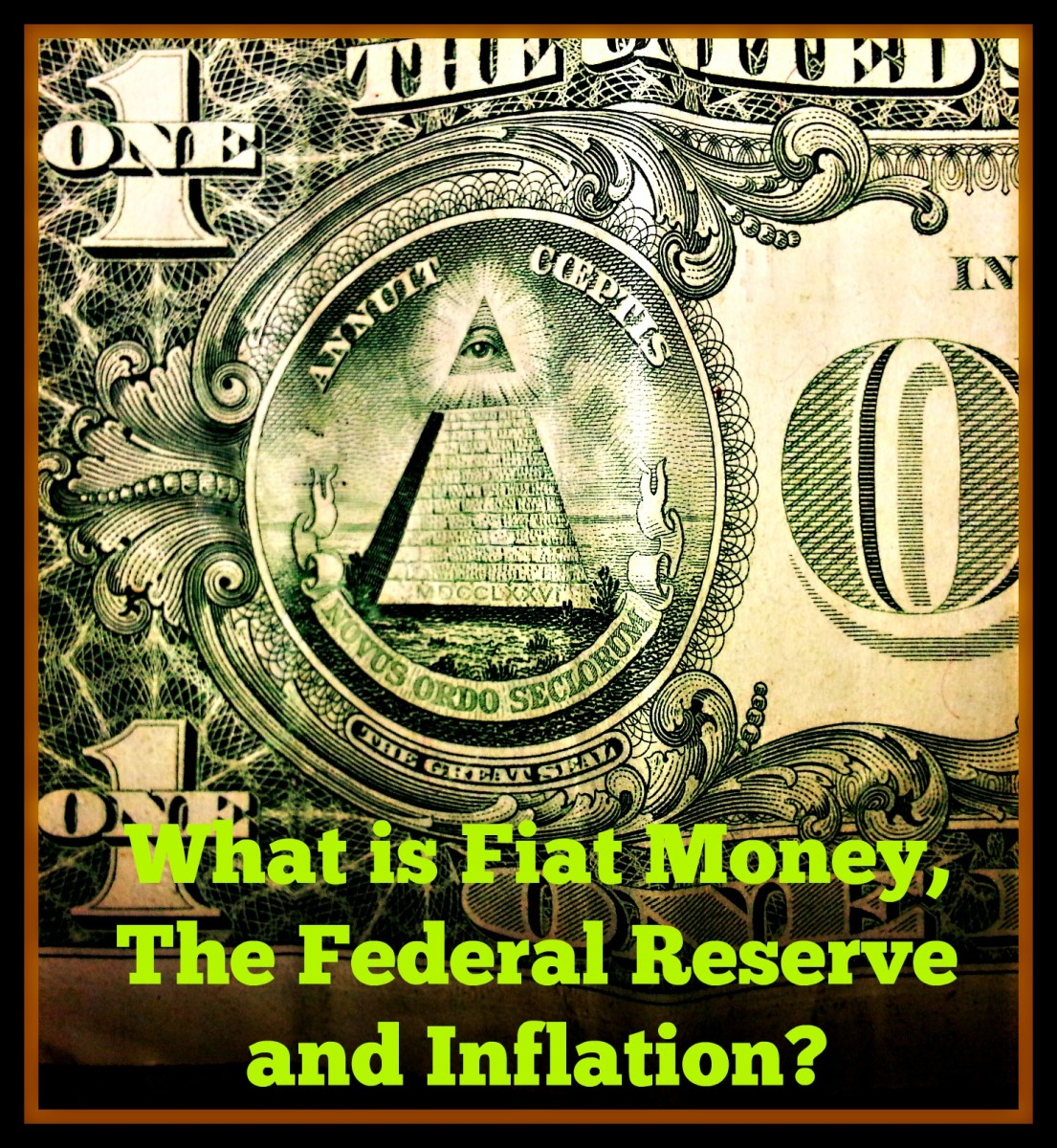The Federal Reserve Rate Policy and The Real (Easy Credit) Debacle

The Federal Reserve has the power to raise interest rates! The Federal Reserve has the power to raise interest rates! And the Federal Reserve has the power to raise interest rates! No, this isn’t an anti-Fed polemic hub, this is a hub about kamikaze economics and the maniacal economic paradigm that it has inflicted onto our modern society—these inflictions has manifested themselves through the Fed’s inept handling of our macro-economy rate policies. What Greenspan should have done was raise interest rates but for some very bizarre reason, he did the opposite: following the dot.com implosion, the Fed, infatuated with the asinine idea of avoiding a Japanese-style deflationary environment, decided to aggressively cut interest rates—but why? Whenever you aggressively cut interest rates—to an economic engine that was just coming off a period of volatility—it was like trying to get peak performance out of a hot engine that was trying to cool itself off; moreover, raising interest rate would have given our engine the much needed rest it needed to recuperate. Still yet, whenever you aggressively lower interest rates, like Greenspan did in 2001, credit becomes extremely cheap, which then causes the price of assets, like stocks, bonds and houses, inversely, to start rising. The Fed increases credit by simply hitting a single computer key; and just as fast as the Fed created money, maniacal participants in “The Real (Easy Credit) Debacle” was eating it up. Again, if credit’s not available to be used up, then people can’t abuse its powers.

By lowering interest rates during such an investment frenzies—like we had between 2001 and 2005—the Fed created an illusion that the economy was both strong and in growth mode. If I’m an investor and I notice interest rates start moving south, that’s a sign for me to invest in real estate for two reasons: 1) I know prices will eventually start going up; hence, a chance for greater short-term returns; and 2) If inflation, indeed, was to occur, owning real estate offers me excellent protection. So, from the vantage point of the individual investor(s), it became a win-win situation. Also, the problem with lowering interest in such a volatile, erratic market like the one we had between 2001 and 2005 was the fact that investors weren’t thinking rationally: this impulsive investor ideology showed up in a very bizarre way during these times. Alas, by lowering interest rates, the Feds opened up the flood gates for investors to do a lot of damage to our economy. Because so much money was floating around, a lot of new homes that came on the market shouldn’t have: we saw so many new homes inundate certain markets that these now “saturated markets” has given birth to an American housing market in a state of perverse dormancy.

What prompted the Fed to do what they did was a case of pure hubris; some might even call it incompetence, but whatever side of the spectrum you lean towards between those two extremes, fact is, the Fed really “screwed up.” And it took a near collapse of the system to let them know just how bad. In any major sector of the economy, unexplained leaps in prices have major consequences and are detriments to the very concept of market price equilibrium in the science of economics. Should our economy be in breakdown mode? Maybe! Maybe not! Fact is, our economic engine has been trying to cool itself off since 2001. Also, the real estate bubble gave the illusion that our economy was good, when it clearly wasn’t. To exacerbate matters, when the Fed lowered interest rates, like a system of underground pipes, it pumped way too much money into an already flooded situation: mortgages, home equity loans and lines of credit became the conduits to which borrowers were then able to achieve their fictitious short-term goals. Whenever people have surplus monies ‘to spend,’ they tend to ‘spend it’; in this case, they spent it on things like home improvements, remodeling and renovation projects. During this same period a lot of building contractors did extremely well; as a result, building suppliers reported record profits, increased permits add much needed monies to municipal coffers—it became widespread trickled down economic euphoria to a fault.








